Secrets of the universe: 55 stars fleeing, signaling an imminent galactic upheaval?

4 | 0 Discuss | Share
Old farmer Li Jifeng in Gansu Province, China wanted to renovate his house so he called in workers to do the work. The house was left by Li Jifeng’s ancestor, a feudal official, and has been through hundreds of years of history with many generations living there.
Later, Mr. Ly's children all moved to the city to live, only he and his wife still wanted to stay attached to their hometown and the old house.
But as time went on, the house became more and more dilapidated, the roof leaked, the walls cracked, and the living conditions became worse. Although he wanted to preserve the original condition, Mr. Ly had no choice but to renovate it so that he could enjoy his old age in a more comfortable living environment.
However, on the first day of construction, the workers dug up a strange rusty iron box. Mr. Ly immediately told everyone to stop, because this could very well be an object that his ancestors had buried hundreds of years ago.
That night, when he opened the iron box, Mr. Ly was extremely surprised to see that inside were filled with silver bars of all shapes and sizes. The largest bar was 50 taels, the smallest was 5 taels, each silver bar was engraved with an intricate pattern and the name of the year in which it was circulated.
Mr. Ly remembered hearing his grandfather mention that the family still had hidden assets from the past when he was a child, but he never expected it to be true. Ly Tap Phong carefully cleaned each silver bar, secretly happy to have suddenly found a huge fortune.
Despite his efforts to keep it a secret, the news of Mr. Ly's discovery of the treasure spread far and wide, and people in the area were talking about it. Gradually, collectors and antique dealers began to come to him, asking him to sell them the silver bars.
Many people offered him a hefty price, but since it was an antique left by his ancestors, he wanted to check its true value. At the suggestion of many others, Mr. Li decided to participate in a television antique appraisal program, hoping to get an assessment from experts.
After careful examination, experts at the studio determined that these were silver bars cast during the Qing Dynasty, were very well preserved and could be sold for 40,000 yuan per bar (nearly 140 million VND). The estimated value of the entire amount of silver found could be up to 10 million yuan (34 billion VND).
After hearing the huge number, the whole studio exclaimed in surprise, Mr. Ly also could not believe that this antique was so valuable. Not yet over the surprise, the expert's next words brought him and the entire audience to another surprise.
According to the Chinese Cultural Relics Protection Law, relics of important historical, scientific, and artistic value must be handed over to the state for preservation. The state will reward those who voluntarily hand them over, and individuals are not allowed to sell or keep them for private use, experts said.
Thinking that he had changed his life thanks to the huge fortune left by his ancestors, Mr. Ly now found himself in a dilemma. When the experts were about to say a few more words to convince him, Mr. Ly suddenly spoke up: "Dear experts, I have something to say."
"These silver bars were left by our ancestors, as descendants, of course I also want to keep some as a souvenir for future generations. But I respect and comply with the regulations that have been set forth, so I am willing to hand over all of these assets to the state. However, I wish to use a portion of them to do meaningful things such as rebuilding schools or supporting disadvantaged children in the locality," Mr. Ly said boldly.
Mr. Li's actions made the experts and the studio audience applaud in unison. Everyone was excited to support the old farmer's decision. Some even suggested that the silver bars should be displayed in the local museum where Mr. Li lives, which would be more meaningful and help promote local tourism.
In the end, Mr. Li and the experts' proposal was accepted by the relevant ministries and agencies. They agreed that most of the silver would be returned to the state, and a small portion would be used for public welfare in Mr. Li's hometown.
For his part, Mr. Ly happily left with a certificate of merit and recognition, becoming an inspiring example for many people in the work of preserving relics and cultural heritage.
Most of these ancient treasures are preserved and displayed at the Palace Museum in Beijing, China. Currently, this place preserves more than one million antiques, covering almost the entire history of the development of ancient civilization in this country.
The museum, located within the grounds of the Forbidden City, was established in October 1925, and houses a wealth of priceless artifacts related to China's dynasties, including gifts from neighboring countries and royal treasures.

4 | 0 Discuss | Share
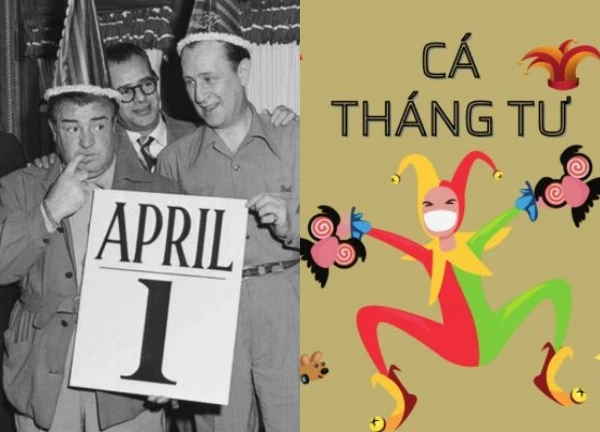
2 | 0 Discuss | Share

3 | 0 Discuss | Share

3 | 0 Discuss | Share

2 | 1 Discuss | Share

2 | 0 Discuss | Share
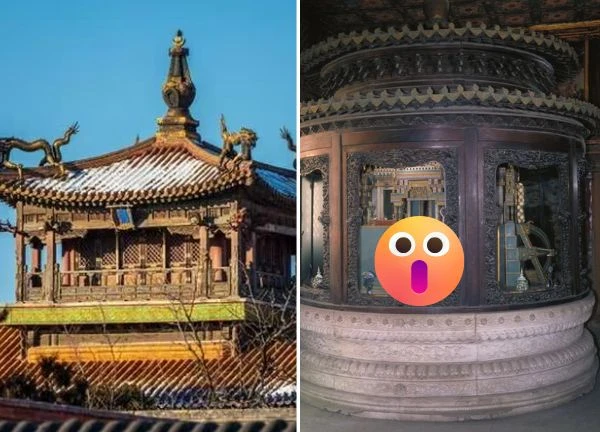
4 | 0 Discuss | Share
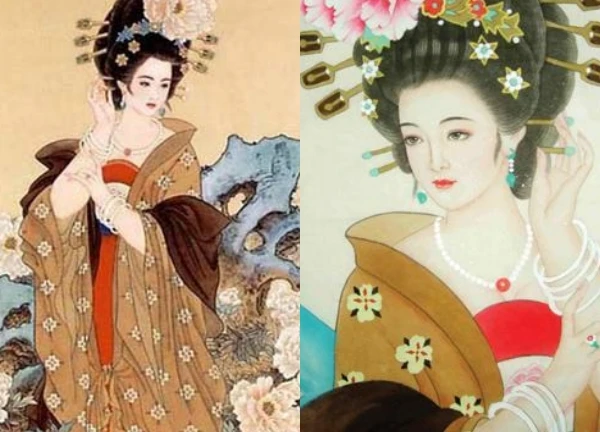
0 | 0 Discuss | Share

1 | 1 Discuss | Share
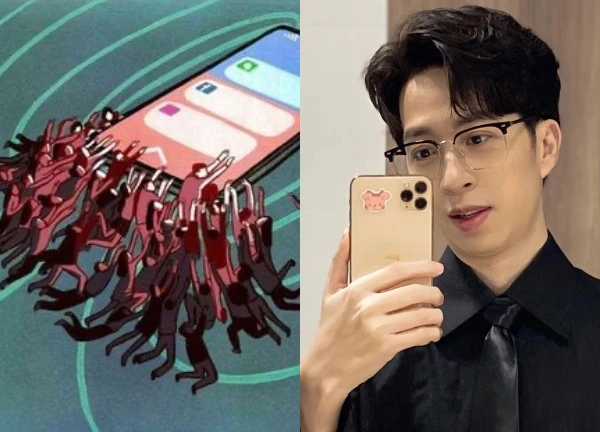
3 | 0 Discuss | Share
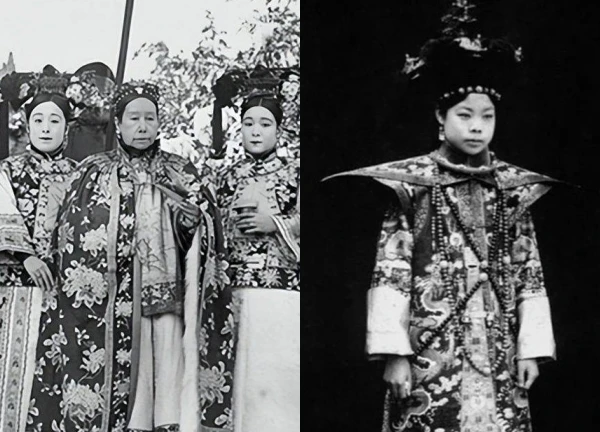
4 | 0 Discuss | Share

4 | 0 Discuss | Share










3 | 1 Discuss | Report